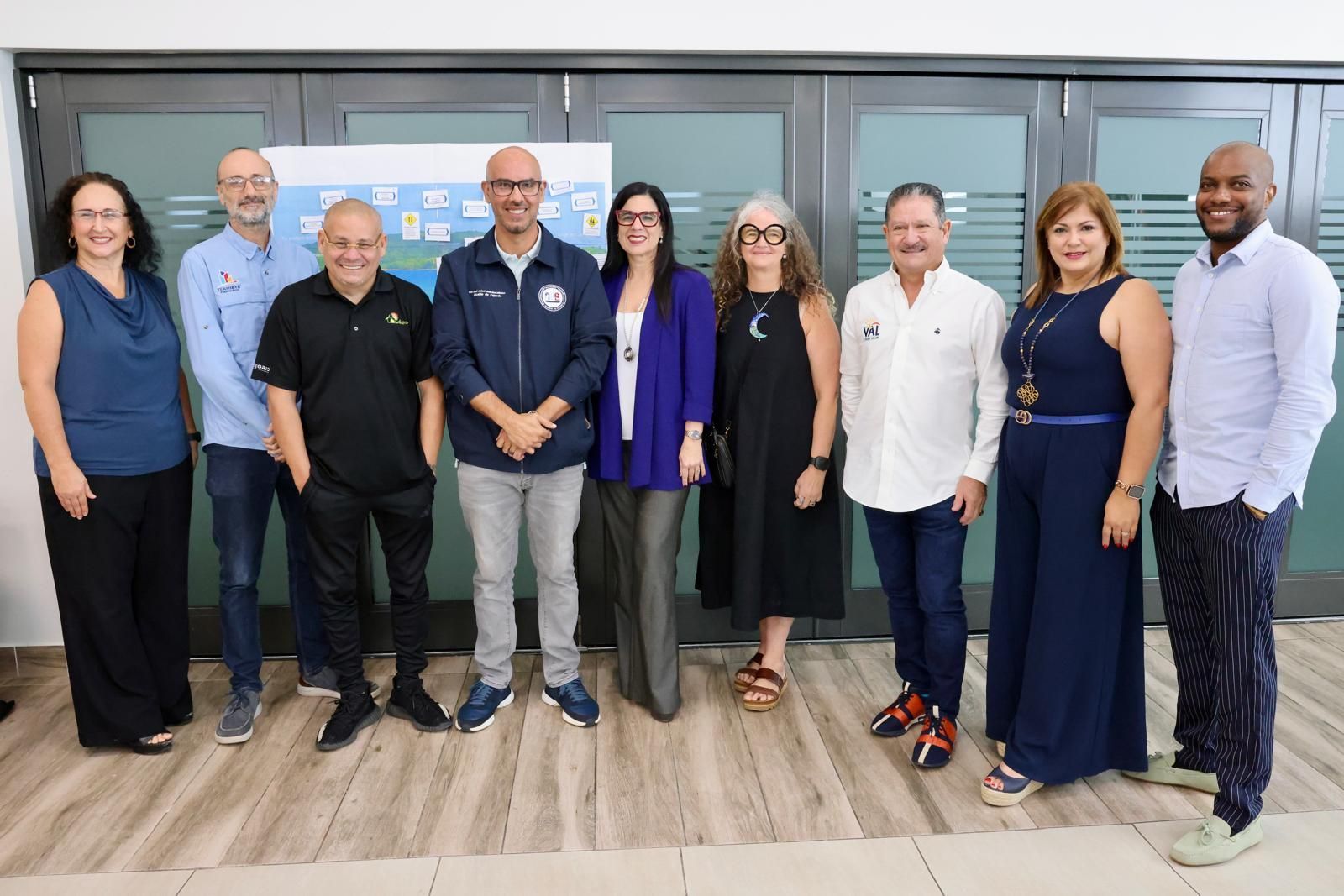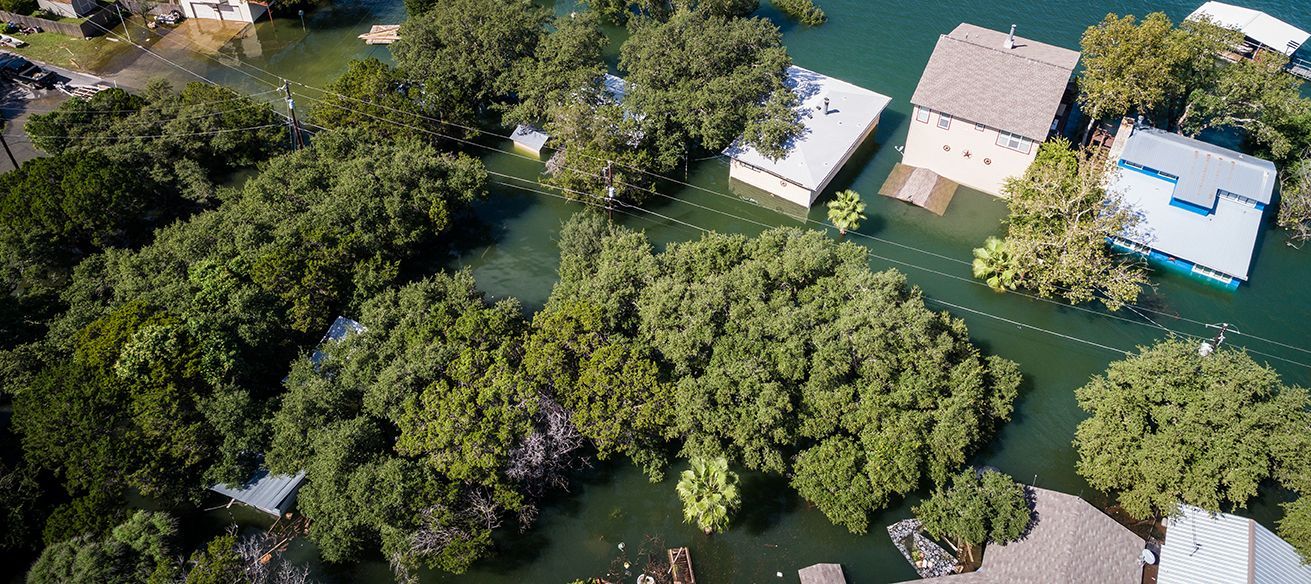IBTS nombra a Anjuma Goswami Karkera como nueva CEO
Share this article:

Karkera sucede a Ashok Goswami, director ejecutivo y cofundador de la empresa a largo plazo
ASHBURN, Va.— El experimentado líder y abogado Anjuma Goswami Karkera aceptó un nombramiento como director ejecutivo (CEO) del Instituto de Tecnología y Seguridad de la Construcción (IBTS), una organización sin fines de lucro basada en servicios. Sucede al cofundador de IBTS, Ashok Goswami, quien se ha desempeñado como director ejecutivo desde 2002. Durante ese tiempo, Goswami supervisó el crecimiento de IBTS desde una sola oficina a ocho ubicaciones en todo el país, ampliando significativamente las ofertas de la empresa para departamentos de construcción; programas de energía solar y renovable; y soluciones gubernamentales locales, estatales y federales.
"Es con una mezcla de gratitud y entusiasmo que la Junta Directiva anuncia la sucesión de nuestro director ejecutivo, Ashok Goswami", anunció la comisionada del condado de Ramsey (MN) y presidenta de la junta de IBTS, Victoria Reinhardt. "Como cofundador de IBTS, el liderazgo visionario de Ashok ha contribuido a numerosos hitos organizacionales, lo que ha dado como resultado una gestión sólida, solidez financiera y el posicionamiento de la organización sin fines de lucro para el crecimiento futuro".
Goswami continuará en calidad de asesor como presidente de IBTS para garantizar una transición efectiva a Karkera, quien busca continuar haciendo crecer el trabajo de la organización fortaleciendo a las comunidades haciéndolas más seguras, resilientes y prósperas.
Como líder influyente, la carrera de Karkera ha estado marcada por su capacidad para generar y evaluar rápidamente soluciones alternativas y alcanzables; su trayectoria comprobada fomentando la colaboración entre agencias; y su pasión por promover la diversidad y la inclusión en el lugar de trabajo. Tiene un doctorado en Derecho de la Facultad de Derecho de Washington de la American University y recientemente se desempeñó como Subjefa de Gabinete de la Agencia Nacional de Inteligencia Geoespacial.
"Es un honor para mí unirme al brillante y dedicado personal de esta organización sin fines de lucro única", dijo Karkera. “Creo fervientemente en el modelo de negocio IBTS, que combina la credibilidad del sector público con la innovación del sector privado. Espero continuar con el legado de IBTS de brindar experiencia y soluciones receptivas que ayuden a nuestros clientes a superar desafíos complejos y brindar mejores resultados para las comunidades de todo el mundo”.
"La Junta confía en que Anjuma preservará el impulso actual de IBTS alineando sus capacidades con la organización existente hacia una visión a largo plazo para IBTS", añadió Reinhardt.
Acerca de IBTS
IBTS es una organización nacional sin fines de lucro y asesor y socio confiable de los gobiernos locales, estatales y federales. IBTS proporciona experiencia en códigos de construcción; gestión de subvenciones federales; experiencia en planificación, mitigación y recuperación de desastres; soluciones de gobiernos locales; garantía de calidad solar; y servicios de resiliencia. El trabajo de IBTS está guiado por una Junta Directiva con representantes del Consejo de Gobiernos Estatales (CSG), la Asociación Internacional de Gestión de Ciudades/Condados (ICMA), la Asociación Nacional de Condados (NACo), la Asociación Nacional de Gobernadores (NGA), y la Liga Nacional de Ciudades (NLC).
Contacto con los medios:
Karen Johnson
Director del Programa de Participación en el Mercado
Teléfono: 571.357.4820| Teléfono: 530.318.5428
kjohnson@ibts.org





